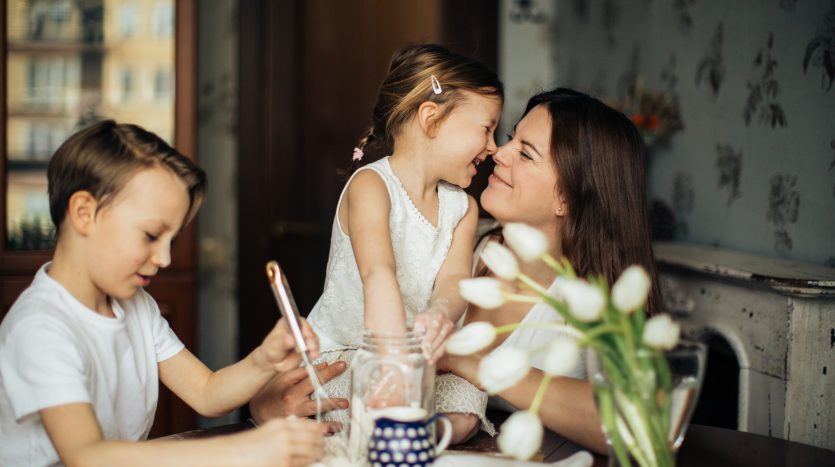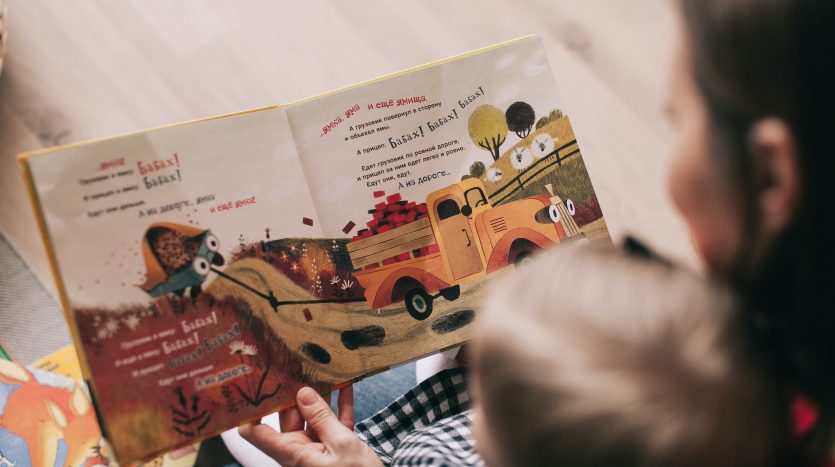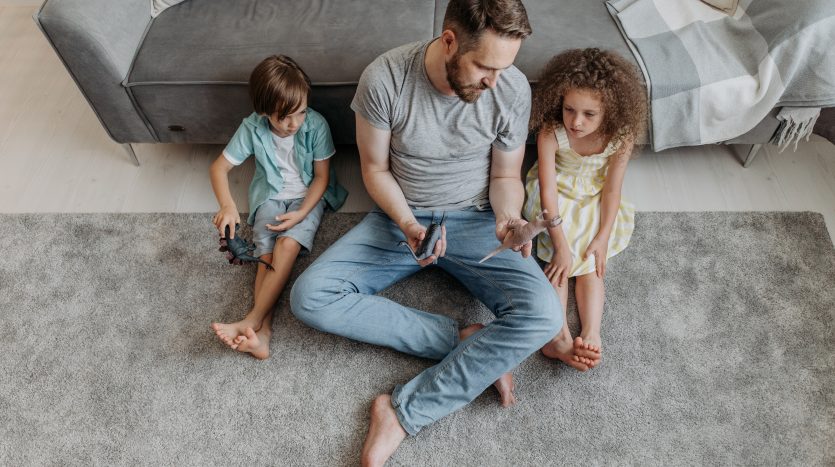Explaining Death to Children
Death is inevitable. However, explaining death to children can be a bit more complicated or challenging especially because it’s a sensitive topic to discuss with little ones. So, how do you do it without breaking their hearts or avoiding any hysteria or trauma?
RELATED: 7 Ways to Help Someone With Depression
Importance of Explaining Death to Children
Why do we need to explain death to children? Many families try to shield their children from the trauma or pain of death by refusing to talk about it or even pretending that death didn’t happen in the family.
Death will happen in every home and preparing the family for the inevitable means you also have to include the children in the discussion. Most children have first-hand experiences or brush of death when they lose their pets, grandparents, or parents.
Having early discussions about death and the reality of how and why it happens helps children process and deal with death better. It helps them develop a healthy mindset and mental agility to prepare for the inevitable.
3 Things to Remember When Explaining Death to Children
Don’t Makeup Stories
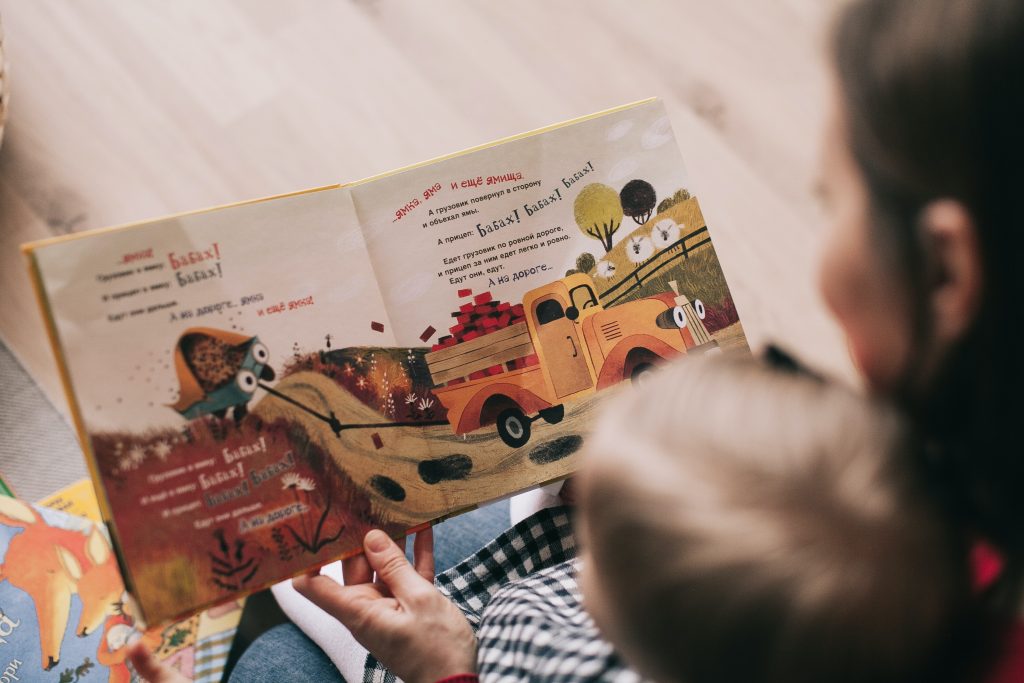
Explaining death to children actually helps them get a grip of reality in a healthy way. For instance, a grandfather has died in the family and the little ones are asking why everyone is crying or why their grandfather has been buried.
Rather than trying to mask or create different fantasy storylines to cover up a death of a loved one, you must be direct and use clear and straightforward language to explain that grandpa has passed away or died because of old age or disease and although he is not coming back, he will always be loved dearly.
Use Simple and Easy-to-Understand Words
Many people get too emotional when a loved one dies and use metaphors to explain death. However, when explaining the death of a loved one to kids, it’s best to use simple, clear, and easy-to-understand words. You have to tell it as it is – no beating around the bush or sugarcoating.
Listen and Support
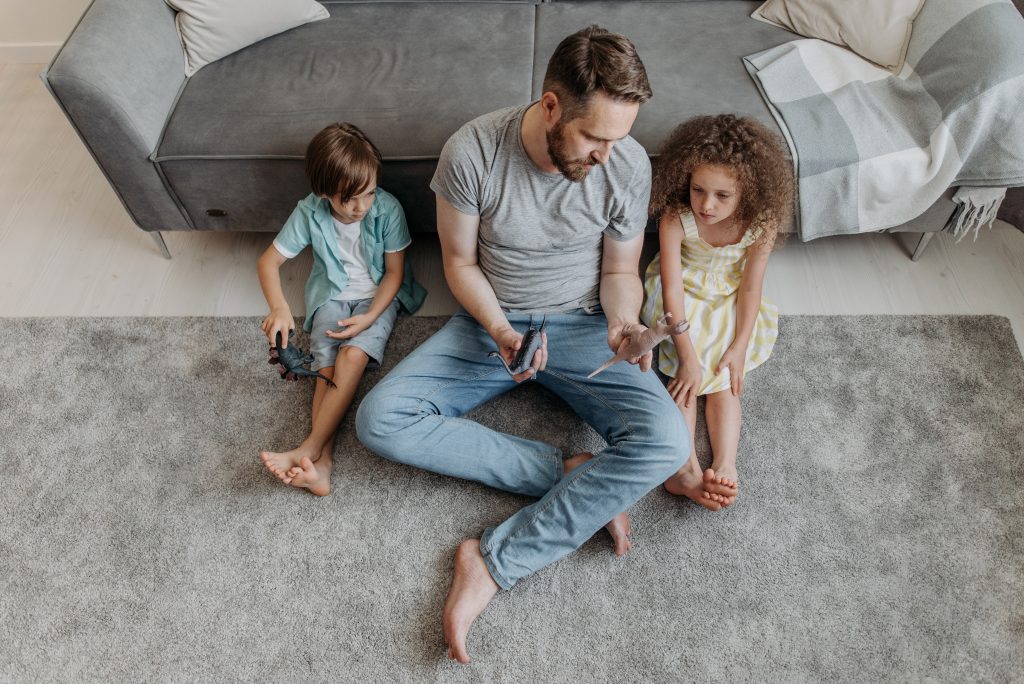
Children have different ways of expressing grief and sorrow. Losing a loved one will always be painful at any age – and children need all the love and support they need, mainly because this can be too overwhelming for their young minds and hearts. Show that you are there for them. It’s okay to show them that you are crying too. Being vulnerable at this time makes you feel one not just in grief but also in love. Show your children that it’s okay to cry and feel sadness but assure them that they will always have your love and support.
Help Your Child with the Grieving Process
As adults, we model the healthy way to grieve the death of a loved one. And that is why we need to discuss death at an early age so they know and understand how to accept and deal with death in an emotionally healthy way. Grieving isn’t about forgetting your deceased loved ones but cherishing the memories with them. Grieving and healing takes time – and this is the time to be present with your children.
READ MORE: Golden Haven Memorial Park News and Update


